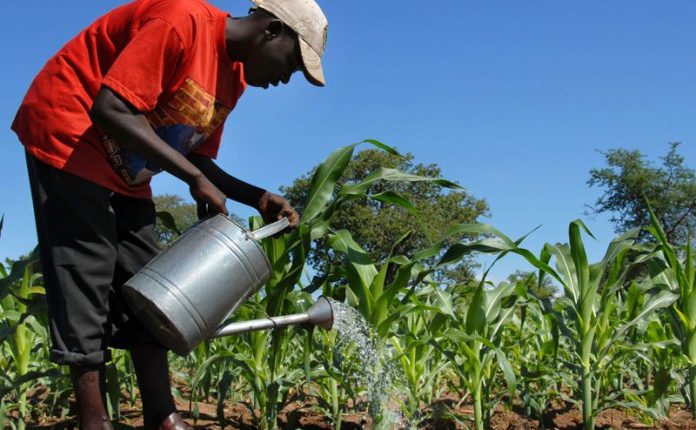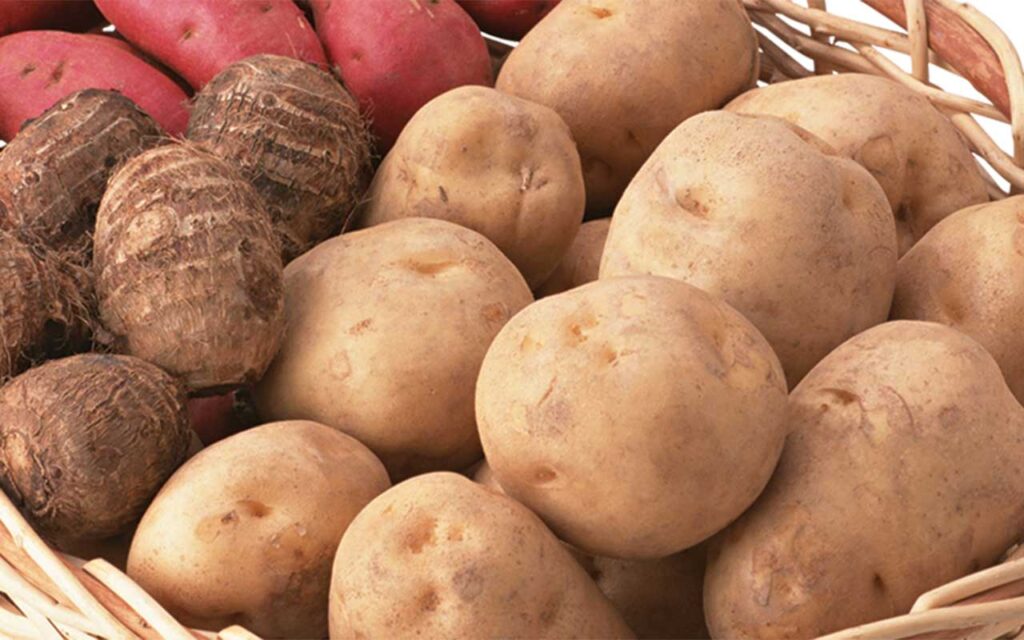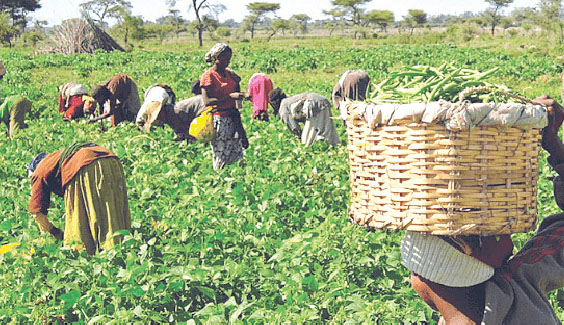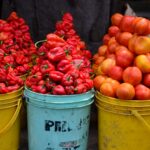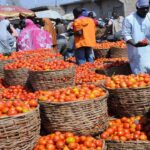
Tomato farmers in Kano State are currently counting losses incurred as a result of pest attacks on plantations in the state.
The resurgence of the deadly crop disease – Tuta Absoluta at the early period of dry session has crippled hectares of cultivated farms, leaving growers in irreparable losses running into millions of naira.
Although experts say vegetables such as tomato is naturally susceptible to pest attacks, but the current extent of devastation on farms in Kano may widen the supply gap in markets across the country.
The state Chairman of Tomato Out-Growers Association of Nigeria (TOGAN), Mallam Sani Danladi told The Guardian that over 700 growers were affected by the recent outbreak of Tuta Absoluta in the state.
According to him, more than 300 hectares of land with produce running into over N1.2b have been destroyed by the disease in the last six months, affirming a possible shortage of the commodity in near future.
Available records showed that the first outbreak of Tuta Absoluta on tomatoes in Africa happened in Niger Republic and Senegal in 2015. The disease was eventually noticed later in the year in Nigeria, specifically in Daura, Katsina State. Kano had the first share of this experience in 2016 when the pest wreaked havoc on farms leaving farmers with hundreds of million of losses.
According to Danladi, “We have noticed the pest attack in Garun Mallam Local Council and some parts of Bunkure council. From our previous experiences, we suspected that the pest is Tuta Absoluta. We have taken measures on our part and we have written to government agencies, including state and the Federal Ministry of Agriculture notifying them of the attack.
“We hope government will intervene as quickly as possible before the damage start building up negative impact in the market and part of the impact is a shortage in supply, which means that the little that will be supplied will be very expensive.
“We have witnessed similar attacks – more dangerous ones in 2016 and 2020 and I can confirm to you that government intervention through international NGO actually helped a lot. There was support in terms of input and capacity building. But since we started noticing the attack this year – from the middle of the dry session, we have not received any assistance,” Danladi said.
Kabiru Dakasoye, who grows tomatoes and other vegetables in commercial quantity in Dakasoye village in Garun-Mallam local council, narrated how he lost about N5m to the deadly pest on his two hectares plantation.
“We thought year 2020 would be the last and end of Tuta absoluta on our production until recently, exactly towards the beginning and middle of dry season. I lost my entire produce on two hectares of land to the pest, running into about N5m – if sum up both production cost and profit.”
Dakasoye lamented that he has not received any intervention from government since the invasion of the pest on their farms.
Another tomato farmer in Kadawa village, Kura local council, Yahaya Usman, said he incurred about N3m loss to the pest attack.
“I lost all my investment on my two hectares of land after the pest attack that damaged the produce. My cost of production include labour and other input running into N3m cannot be recovered any more except government intervenes.”
Though the state government confirmed the return of the tomato pest in some parts of the state, it, however, claimed the impact is not really serious.
Director, Agricultural Extension Services, Kano State Agricultural and Rural Development Agency, Mal. Gambo Garko explained that government extension agencies across 44 local councils are constantly available to guide farmers on various agronomy challenges, adding that surveillance report has not shown critical impact of Tuta Absoluta recently.
“Honestly, I will not dispute recent claim of attack of Tuta absoluta on tomato farms in some parts of the state, but what I can say is, the case is not very serious compared to what we experienced in previous years. The reason is that we have our extension agents across the 44 councils who are purposely deployed to assist farmers. We are yet to receive such an alarming report.”
Garko said further, “ We have also come to farmers’ rescue during serious attacks on produce through the support of various NGOs, especially with the introduction of Integrated Management of Pest – how to apply chemicals and other interventions. I am not saying there is no recent attack and government intervention has always come, but the recent one is not that prominent.”
Meanwhile, a regenerative agriculture expert with Sasakawa Africa, Albert M. Taru advocated an urgent bridge in farmers’ knowledge gap, especially on quality agronomy practices to fight the recurring pest attack on tomato farms.
Taru equally called for availability of improved seed varieties and pest-tolerant technology as part of solutions to the economic loss.
“Tomato is quite an interesting crop to cultivate that requires application of high technical management and skill production otherwise, incessant attack could generate serious challenges.
“What is more familiar to the general public is post heaviest loss where farmers incurred significant losses as a result of lack of storage facilities and non-availability of market. But losses at production level can be so devastating due to number of reasons – poor quality seeds.
“With the high quality of seeds that are disease tolerant and improved variety, farmers could be immune of any attack. Tomatoes are generally susceptible to various kinds of diseases and pests. From insect to bacteria and virus, these factors would naturally affect the quantum of yield and farmers may not be able to make a profit of their production.”
To overcome incessant pest attacks, Taru, said farmers need capacity building, especially on good agronomy practices, to understand the safe planning window because as a crop, tomato production also depends largely on good wealth conditions. “Farmers need to know whether to cultivate early or late to avoid the peak and gestation period of those diseases.
“So, when knowledge gap is bridged along that divide, farmers’ losses would be reduced. Also, farmers must also be trained on when to harvest and how to harvest to reduce post-harvest losses. Knowledge of packaging material is also very important to check incessant losses. Moving tomatoes from field to markets require extra care. So, there must be a shift in the traditional use of carved baskets to returnable crates,” Taru said.

